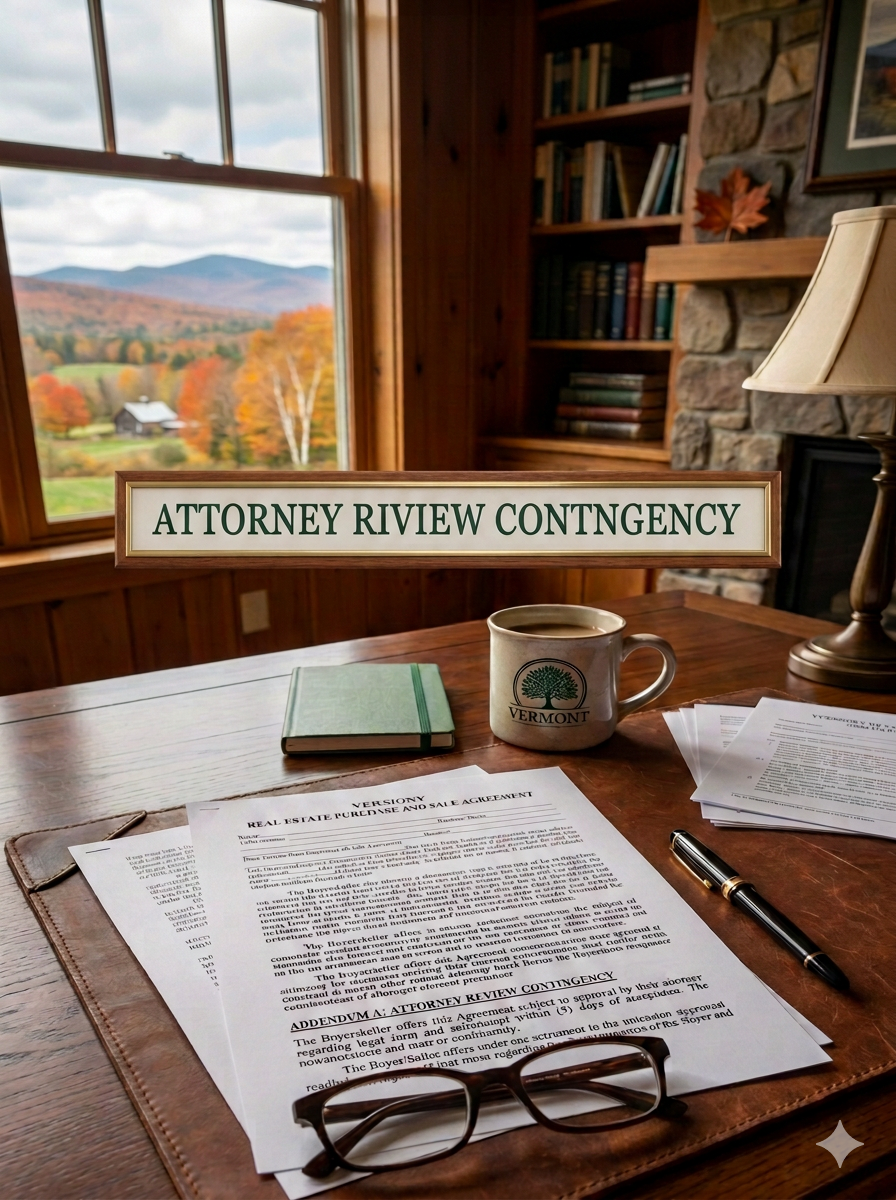Exploring Title Holding Options in Vermont Real Estate

Navigating the complexities of real estate law can be challenging, especially when it comes to understanding how property is owned or held. In Vermont, there are several types of tenancies that determine how title to real estate is held. Each has its unique features and implications for owners. Let's explore these in detail:
1. Sole Ownership
The simplest form of holding a title is sole ownership. This is when a single individual holds the title to the property. The sole owner has complete control over the property and is responsible for all financial obligations, including taxes and mortgages. Upon the owner's death, the property becomes part of their estate and is distributed according to their will or state law if no will exists.
2. Tenancy in Common
Tenancy in Common (TIC) is a popular form of co-ownership where two or more individuals hold title to a property. Each tenant in common owns a specific percentage of the property, which can be equal or unequal. Each owner has the right to use the entire property, regardless of their ownership share. Importantly, tenants in common can sell or pass on their share of the property independently. When a tenant in common passes away, their interest will be distributed according to their will or state law if no will exists.
3. Joint Tenancy with Right of Survivorship
Joint Tenancy with Right of Survivorship (JTWROS) is a form of co-ownership where two or more individuals own property. The critical feature of JTWROS is the right of survivorship. When one joint tenant dies, their interest in the property automatically passes to the surviving joint tenants, rather than becoming part of the deceased's estate. This form of tenancy is common among spouses and family members.
4. Tenancy by the Entirety
Exclusive to married couples and parties to Vermont civil unions, Tenancy by the Entirety (TBE) offers unique protections. Similar to JTWROS, it includes the right of survivorship. However, it also provides additional protections against creditors of one spouse. Creditors of one spouse cannot claim the property held as TBE unless the debt is joint. Upon the death of one spouse, the surviving spouse gains full ownership of the property.
5. Life Estate
In a Life Estate, an individual (the life tenant) has the right to use and enjoy the property during their lifetime. After their death, the property passes to a remainderman designated in the life estate deed. The life tenant is responsible for maintaining the property but cannot sell it without the remainderman's consent.
Conclusion
Understanding these tenancies is crucial for anyone involved in real estate transactions in Vermont. Each form of tenancy offers different rights and responsibilities, affecting how property is managed, transferred, or inherited. If you are considering purchasing property or planning your estate, it's advisable to consult with a real estate attorney to understand which form of tenancy best suits your needs and goals.










